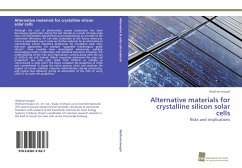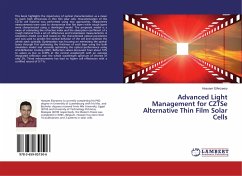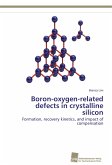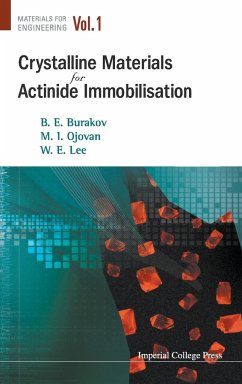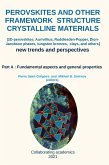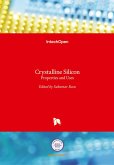Although the cost of photovoltaic power production has been decreasing significantly during the last decade as a result of large-scale solar cell and module manufacturing accompanied by an increase of the conversion efficiency, PV can only contribute to the future electricity mix in a substantial way if costs are further reduced. As an alternative to conventional silicon feedstock production for crystalline solar cells, low-cost approaches, for example "upgraded metallurgical grade silicon", have recently been investigated extensively, yielding encouraging results in laboratory and industrial processes. However, the understanding of the risks and implications coming along with the use of UMG-Si are still limited: Which impurities determine the solar cell properties? Are solar cells made from UMG-Si as reliable as conventional Si solar cells? The thesis compares the properties of UMG and conventional Si along the entire process chain and analyzes the impact of carrier mobility, impurity redistribution during processing, and reverse bias behavior, giving an assessment of the risks of using UMG-Si for solar cell production.
